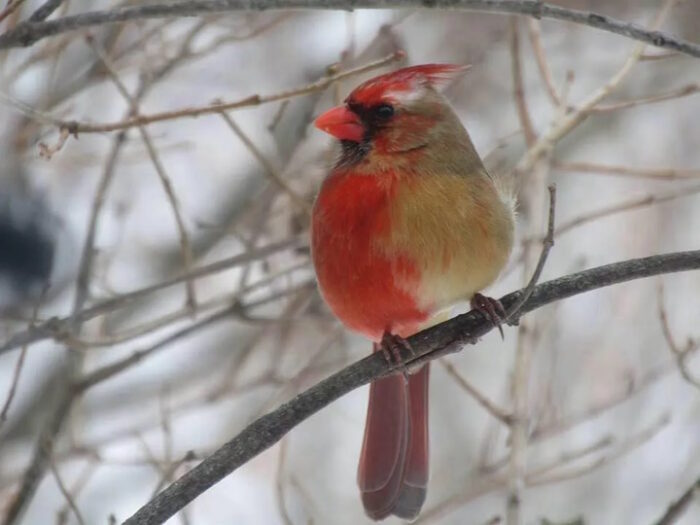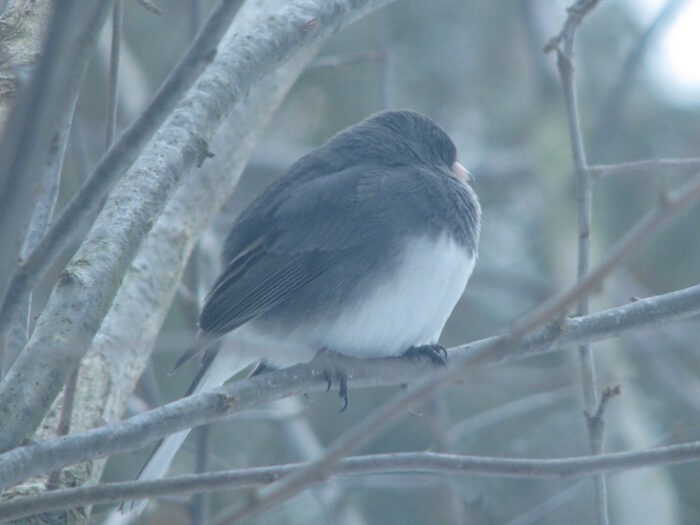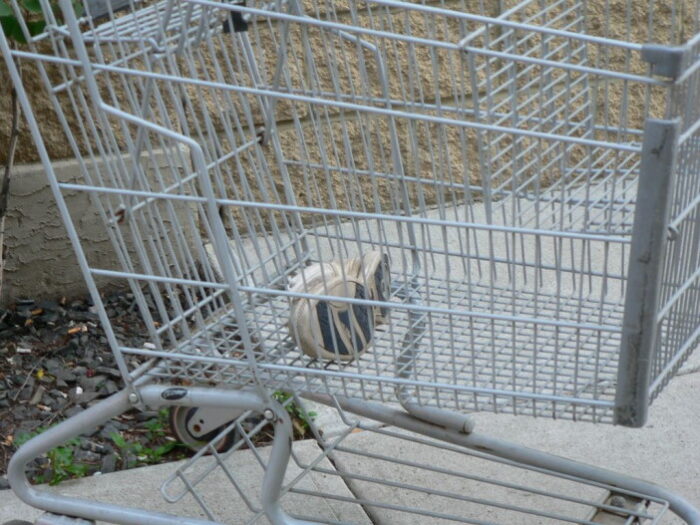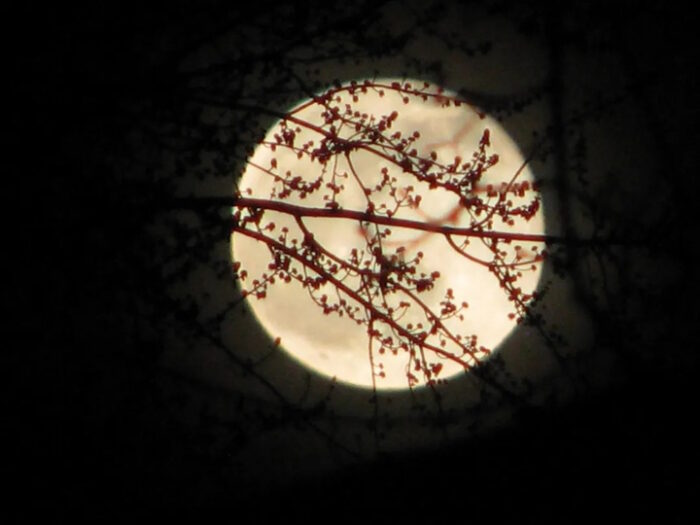And the Bible says, God created day and night,
land and sea, flying birds and swimming fish.
And in between (but not mentioned), God made
more beauty: dawn and dusk, intertidal wonder,
corral reefs and estuaries, squirrels with wings,
penguins, soaring dolphins, flying cod,
and platypus, for heaven’s sake!
Not to mention the purple-throated sunangel,
one non-conforming hummingbird,
or the “half-sider” cardinal, a male/female chimera,
split down the middle, in marvelous colouration
and morphology of both — and never mistreated by the flock.
And humans, male and female, God made them,
and in between (but not mentioned), still more beauty:
a red-lipped, purple-fingertipped trans woman
who loves to dance, and when she does,
sparkles like stirred coals;
and two trans men, whose love for each other,
whose love for others, expressed through the vocations
they’ve taken on, rise above
the fear-based rejections they’ve faced;
and like Jay, who carries a weight of unseen pain,
from bricks thrown by a pious mob,
defending an exclusionist reading of Genesis,
and yet, because she’s come home to her body,
has adopted the name, Joy.
Clearly, this poem is not a polemic. Just a rather simple (simplistic?) observation — towards tolerance. As it is, I personally know some wonderful trans people (which is an advantage), so I worry about the ever-growing anti-trans rhetoric that is fueling far-right politics, galvanizing a segment of Christianity, giving a certain liberty to paramilitary and neo-Nazi hate groups, resulting in a year-by-year increase in violence against trans and gender non-conforming people. Framing this is the systematic erosion of their human rights. Already this year, just south of our border, state lawmakers have introduced 460 bills attacking the rights of LGBTQ+ people, with 356 bills specifically targeting transgender people. Obviously, Canada is not immune (there are, and will be, ongoing attacks on Bill C-16). In the meantime, we can remember that LGBTQ+ rights, are human rights; and maybe, should we wish to reinforce that, we can talk to trans people, listen to their stories.




